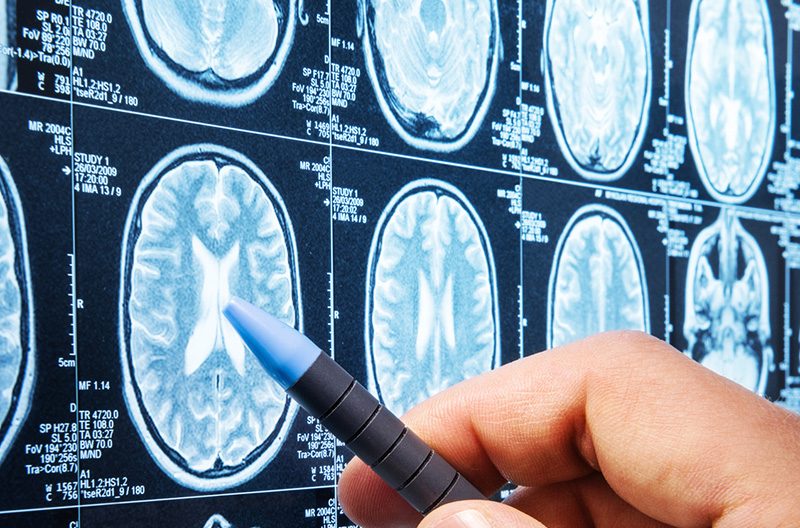About PRISM 2
Our Vision

Currently, neuropsychiatric disorders are largely diagnosed and treated with symptom-based approaches, lacking reference to quantitative biological underpinnings. This weakness impedes both innovative drug development and effective treatment. The preceding PRISM project has successfully identified quantitative neurobiological parameters related to Schizophrenia (SZ), Alzheimer’s Disease (AD), and to social function irrespective of diagnosis. PRISM 2 builds on PRISM outcomes and has three objectives. First, to determine the reproducibility of the transdiagnostic and pathophysiological relationship between default mode network (DMN) integrity and social dysfunction in SZ and AD and determine its potential to generalise to Major Depressive Disorder (MDD). Second, to test the causality between the quantitative variation in DMN integrity and social dysfunction. And third, to implement project results to the benefit of patients and health care providers. Our vision is that in the future every psychiatric patient receives the most accurate diagnosis and best possible treatment based on precise quantitative technologies and a deeper biological understanding of these brain disorders.
Read more
Clinical Study
In the Patient's Brain

Certain behavioural phenomena, such as social dysfunction, are common across various psychiatric and neurological disorders. Social withdrawal from established social networks, colleagues, or friends, for example, is one of the earliest symptoms seen in patients with Alzheimer’s Disease (AD), Schizophrenia (SZ), or Major Depressive Disorder (MDD), and appears to be an early indicator of cognitive deficits. In the clinical study of the PRISM 2 project, patients will be recruited and assessed on two separate days, including screening and clinical interviews, completion of questionnaires, blood sampling, use of a new smartphone app (a product of the PRISM project), as well as electroencephalogram (EEG) and functional magnetic resonance imaging (fMRI) procedures. With these measurements, we aim to better understand the biological reasons for these severely impairing neuro-psychiatric diseases, improve diagnosis, and accelerate the development of new treatments. In total, we hope to recruit about 160 study participants. With these efforts, the PRISM 2 consortium is determined to exert a positive impact on public mental health and well-being.
Read more